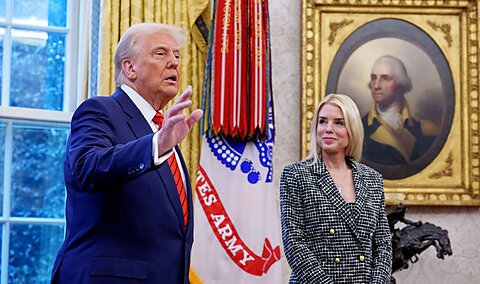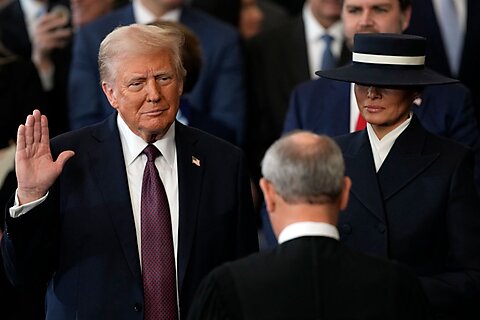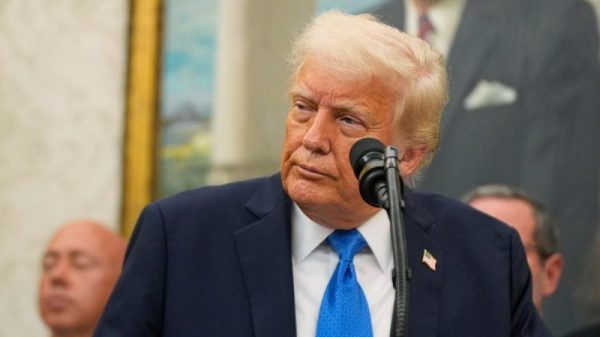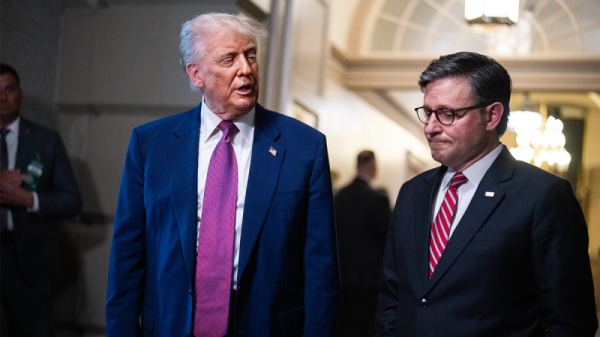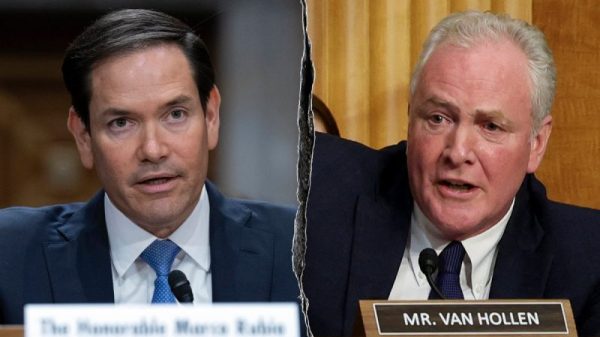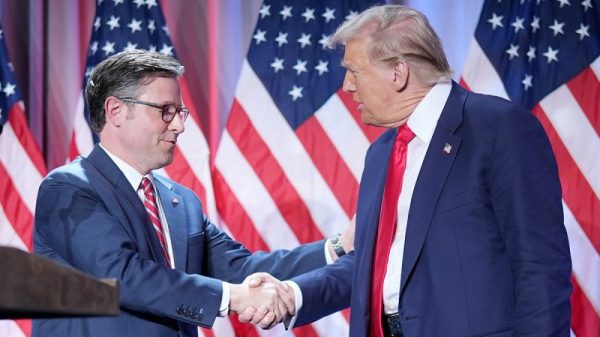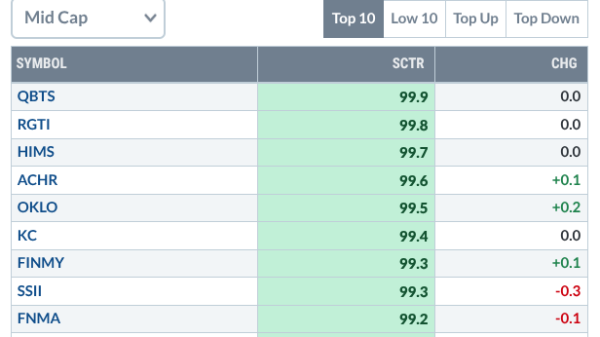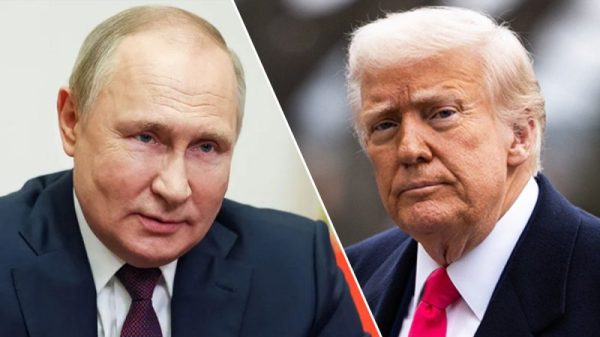The battles over President Trump’s revenge orders against big law firms seem, on the surface, to have entered a quiet period. It has been weeks since Trump has entered any new decrees of this sort, and the list of firms settling with him by agreeing to donate pro bono services to causes he finds agreeable has been stable since April 11, at nine (most of which he never actually targeted in decrees). While it seems likely that his expectations differ from those of the law firms on exactly what they were committing to, we have not had the benefit of a full clarification on that point.
Perhaps most significantly, one firm, Perkins Coie, has obtained a permanent injunction on summary judgment from Judge Beryl Howell broadly blocking its decree, subject to appeal, and two other firms, WilmerHale and Jenner & Block, have won temporary restraining orders.
All of which might make you imagine the danger is fading. It shouldn’t. What judicial relief we’ve seen has only partial reach and would be hard to enforce under the best of circumstances. The present circumstances are anything but the best, given the Trump administration’s willingness to flirt (and more than flirt) with contempt of court and outright defiance of court orders, and given approaching threats in Congress to courts’ ability to enforce their orders at all (see below).
For example, the challenges to the penalty decrees have often omitted the provisions that arbitrarily denied security clearances to lawyers at a firm disliked by Trump. Avoiding such a challenge may have seemed prudent—no one can exactly predict how much deference courts will accord to the president’s broad authority on security clearances. But it leaves a hole that can be gaping because a BigLaw firm representing leading tech or industrial firms is inevitably going to generate a certain number of cases requiring the use of lawyers with clearances on matters such as defense procurement administration. Losing those large clients would be a heavy penalty for continued independence from Trump.
Other parts of the decrees are more clearly subject to being enjoined. But the question is then how readily the court can enforce its will. For example, a judge may nix the part of a presidential decree that forbids federal employees from so much as speaking to lawyers from a banned firm, even to give routine regulatory guidance or negotiate the settlement of a tax or property dispute. But it could prove hard to nail down contempt if an agency aware of White House wishes doesn’t formally exclude a banned law firm but simply gives an endless runaround to its appointment requests while continuing to do business as usual with favored firms.
The same applies to the provisions discouraging federal agencies from awarding contracts to private firms that are clients of a banned law firm— can you prove for certain that’s why your client lost its contract renewal? Clients can get the message pretty quickly.
And if a court finds there was contempt, can it enforce it? Not if the president’s allies in the House of Representatives get their way. I wrote May 9 about the extraordinary language in the pending reconciliation bill purporting to bar courts from enforcing most contempt orders, whether on alien removals or on any other subject—a blow to efforts to hold Trump agencies accountable that would incidentally inflict massive damage more generally on the rule of law and individual rights. (See today’s coverage in the ABA Journal, which is kind enough to quote me, and an opinion piece yesterday by Erwin Chemerinsky in Just Security.) At last report, the House Rules Committee has kept the language with but one minor change.
If you want to measure whether the danger has passed, measure by fear. When CBS’s 60 Minutes— which has come under its own pressure from Trump to temper its criticism—decided to report on the attack on law firms in a segment earlier this month, its first problem was to find anyone willing to speak on the record. “It was nearly impossible to get anyone on camera for this story,” its report began, “because of the fear now running through our system of justice.”
Small wonder our friends Greg Lukianoff and Adam Goldstein at FIRE (Foundation for Individual Rights and Expression), which joined the same amicus brief Cato did in the Perkins Coie case, wrote in a recent account that is well worth reading in its entirety: “Of the many things the Trump administration has done in the last 100-and-change days that have impacted free speech, the threats to law firms might be the most troubling.”
Earlier in this space, from Thomas Berry (on Cato’s participation in the Perkins Coie brief) and from me here, here, here, here, and here.

